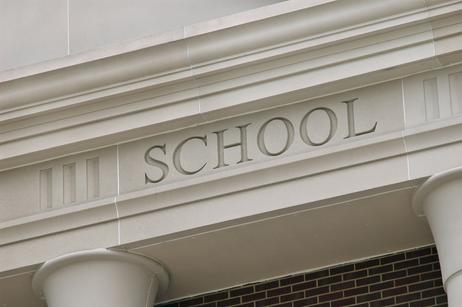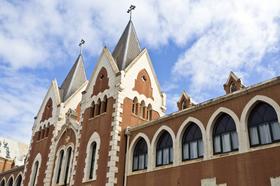One of the top questions on this site goes something like this: "I'm moving to (name your city) next summer. Can you recommend the top schools in that area?" My standard reply suggests that the writer engage an educational consultant to assess the writer's specific requirements and make appropriate recommendations. I also send along a link to that state or city, as the case may be, so that the writer can get some idea of the diversity of private schools in that area.
Many people think that I am copping out by not making a recommendation or ranking private schools. My reasons are simple: I am not a professional educational consultant. I am an impartial observer of the private school scene, both at home here in the United States and abroad. I maintain a reference site so that you can find a school online and make further inquiries based on that information. I editorialize on trends and happenings in the world of private K-12 education. That's all I do.
Private Schools Cannot Be Ranked.
Why are there no rankings on this site? I maintain that it is impossible to do. I have given it much thought, but I always come back to my experience forty years ago when we were looking for schools for our two daughters. It came down to one thing: the right fit. One size does not fit all when it comes to educating your child.
Our eldest daughter was very competitive. She was also






















